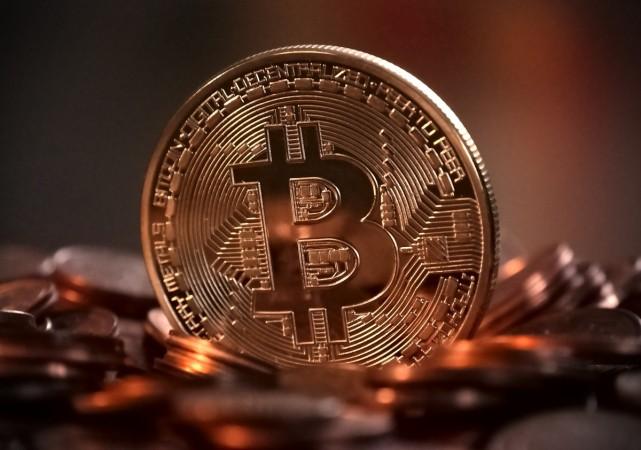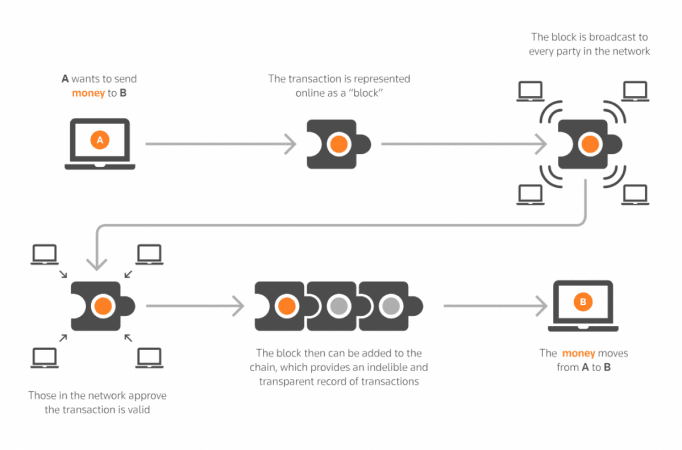
Bitcoin, often referred to as the world's largest cryptocurrency, is becoming a victim of its own strengths.
Freedom from regulation was the big draw of bitcoin but the technology behind these "crypto-assets" – the blockchain - is increasingly used for illegal activities or money laundering.
Let's take a look at the blockchain technology and how it is facilitating crime.
What is blockchain?
Before starting on blockchain, lets take a moment to understand what's a bitcoin. Well, bitcoin is a type of money that is completely virtual. It can be used to buy products and services, but not many shops accept bitcoin yet and some countries have banned it altogether.
Every single transaction involving exchange of bitcoins is recorded in a public list called the blockchain. It is a shared record of information that is maintained and updated by a network of computers rather than a central authority.
How blockchain works?
A blockchain is a continuously growing list of records, called blocks, which are linked and secured using cryptography. By design, a blockchain is inherently resistant to modification of the data.
Blockchain digitizes all contracts, financial transactions, bills of lading, property titles, and tax filings in an open, distributed ledger, meaning everything saved on blockchain lives forever.

Is it secure?
Since every bitcoin transaction is recorded publicly, it's very difficult to make fake ones or spend ones you don't own.
But the exchanges set up to trade them often lack basic controls over identity, fraud, technology and even volume, a Reuters investigation showed.
Virtual heists are common, too, according to the Reuters special report. Some 980,000 bitcoins have been stolen in at least 36 incidents since 2011.
Can it be used to finance crimes?
The global law enforcement agencies have recognized that cryptocurrency is the criminal's playground. The international police agency Interpol warned in 2015 that the blockchain has the potential to spread malware files.
Almost half of all bitcoin transactions are associated with illegal activity, a new study has concluded. Researchers have also linked a quarter of bitcoin users with crime, such as hacks, money laundering and the trading of drugs and illegal pornography.
Billionaire philanthropist Bill Gates has criticized cryptocurrencies for their anonymity, a feature that allows currency holders to keep their identity discrete and thereby making it easier for illegal transactions to go unnoticed.
"Right now cryptocurrencies are used for buying fentanyl and other drugs so it is a rare technology that has caused deaths in a fairly direct way," Gates said in February.
Fentanyl, also known as fentanil, is an opioid which is used as a pain medication and together with other medications for anesthesia. It is a depressant drug, which means it slows down the messages travelling between the brain and body.
Why aren't countries banning bitcoins?
There are few calls for shutting down bitcoin or other cryptocurrencies but laws vary in every country.
The most notable disrupter is Japan, which has passed a law accepting bitcoin as legal tender. At the other end of the spectrum, Bangladesh passed a law in 2014 stating that anybody caught using the virtual currency could be jailed under the country's anti-money-laundering laws.
But regulation alone, of course, never suffices to deter crime.
With new blockchain initiatives launching pretty much daily, the path ahead is anything but certain.
(With inputs from Reuters, Barclays research)














